EMDR Therapy In Leeds
EMDR is the best Modern Therapy
Do you suffer from anxiety or depression?
EMDR treatment is a form of therapy that has been proven to be successful in treating anxiety and depression by distressing memories. It is a relatively new treatment, so many people are unaware of its existence.
If you are looking for an effective and long-term solution to your mental health issues, then EMDR treatment may be the right choice for you. It has helped countless people achieve relief from their symptoms and improve their quality of life.
To find out on the cost and how to book fo EMDR treatment click here!
EMDR is the BEST Modern Therapy which has the incredible power to remove and eliminate the emotional damage from incidents, traumas, and emotional hurt from your past.
How to tell if EMDR is suitable for you?
First of all, it is essential to ensure that EMDR is the proper treatment for you. Some people find it helpful, while others do not. It is also necessary to be aware that EMDR therapy can be pretty intense and emotional.
- Do you experience too much emotional pain from your past and it’s making you feel trapped?
- Have you been through an extremely hard separation or divorce, and it has left a bitter aftertaste in your life?
- Have you had a traumatic event that you just cannot seem to shift out of your mind?
- Do you have unresolved bereavement, grief, or a sense of deep sadness that you cannot shift?
- Have you experienced trauma in your childhood or teenage years?
- Do you suffer from PTSD?
If you answered yes to any of these questions then EMDR therapy is the best solution for you.
It is also important to note that EMDR treatment is not a quick fix. It takes time and commitment to see results. However, for many people, the benefits of EMDR therapy are worth the effort.
How do I use EMDR?
In my practice I use the combination of EMDR skills, hypnotherapy, and guided imagery in order to facilitate the process of your recovery:
- Stronger
- Faster
- Have a long-lasting effect
In my opinion, the combination of these three therapies above brings the best possible results for my clients.
How can EMDR help people with anxiety or PTSD?
In dealing with anxiety and PTSD, eye movement desensitization can help reprocess and reframe the negative thoughts and beliefs associated with the trauma.
For example, if you were mugged, you may have a negative belief about yourself, such as “I am not safe” or “I am not good enough to defend myself.”
EMDR therapy can help you replace these negative beliefs with more positive and empowering ones. Through EMDR, traumatic memories can turn into ordinary memories. It can lead to a reduction in the symptoms of anxiety and PTSD.
What is EMDR?
EMDR is an abbreviation for Eye Movement Desensitisation and Reprocessing. EMDR therapy aims to help people reprocess and deal with a disturbing event or traumatic memory. The therapist will ask you to focus on specific thoughts, images, or sensations while they move their fingers back and forth in front of your face.
It is thought to help the brain process memories differently, reducing the symptoms of anxiety and depression.
EMDR treatment is not just for people who have experienced trauma. It can also help people who suffer from anxiety and depression.
What is Anxiety and Depression?
Anxiety and depression are two of the most common mental health conditions globally. They can cause a wide range of symptoms, making everyday life very difficult to cope with.
Some of the most common symptoms of anxiety and depression include:
- feeling sad or down all the time
- feeling anxious or worried all the time
- loss of interest in activities that used to be enjoyable
- difficulty sleeping or insomnia
- changes in appetite, which can lead to weight gain or weight loss
- fatigue and low energy
If you are experiencing any of these symptoms, it is essential to seek help.
What to expect in an EMDR Session with a Therapist?
An EMDR session usually lasts for 60-90 minutes. During this time, the therapist will ask you to focus on specific thoughts, images, or sensations while they move their fingers back and forth in front of your face.
You may also be asked to hold particular objects in each hand, such as a buzzer or a small ball.
The therapist will also guide you through different eye movements, side-to-side or up-and-down. These movements are thought to help the brain process memories in another way, which can reduce the symptoms of anxiety and depression.
Conclusion
You deserve to live a life liberated from trauma. You have a right to recover. With help of EMDR therapy, you can achieve lasting clarity, a feeling of calm, a feeling of peace, and a future with a happier version of yourself.
With my help, we can work together towards:
Eliminating your emotional pain.
Making the next step in creating a better, happier, and strong new version of you.
Allowing you to let go of all those negative feelings which are holding you back.
You would live your life instead of dwelling in the past and you would enjoy it so much more.
Blog Posts

When Your Car Breaks Down You Need a Mechanic, When Someone Close to You Breaks Down How Do I Help Them Repair?
We all know what to do when a car breaks down—you call a mechanic, get it towed, and pray it won’t cost your entire month’s salary. But when a person breaks down, it’s not that simple. You can’t just grab a wrench, change their oil, and send them back on the road....

The Same Obsessive Thoughts Again and Again: How Can I Help Myself?
Do you ever feel like your brain is stuck in “repeat mode”? The same thought plays again and again, like a broken record you can’t switch off. You try to distract yourself, but it comes back louder. Whether it’s a worry about your health, replaying an argument, or...
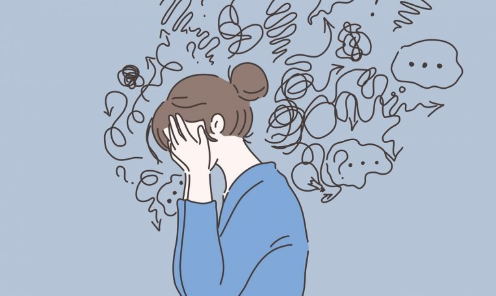
Trauma After Medical Procedure or Illness: The Overlooked Experience
When people think of trauma, they usually imagine car accidents, violence, or war. But trauma can also happen in hospitals, during surgery, or after an illness. It’s called medical trauma, and it often goes unnoticed. Even though someone’s body might heal, their mind...
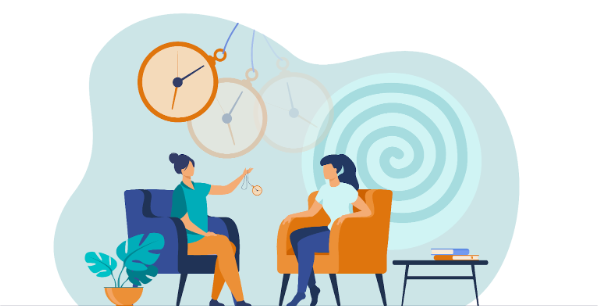
EMDR for Depression: Healing Emotional Wounds at the Root
Depression is more than just feeling sad. It’s a heavy, painful feeling that can make life feel dark and hopeless. Many people who struggle with depression find it hard to enjoy anything. Even getting out of bed or talking to someone can feel too much. But what if the...
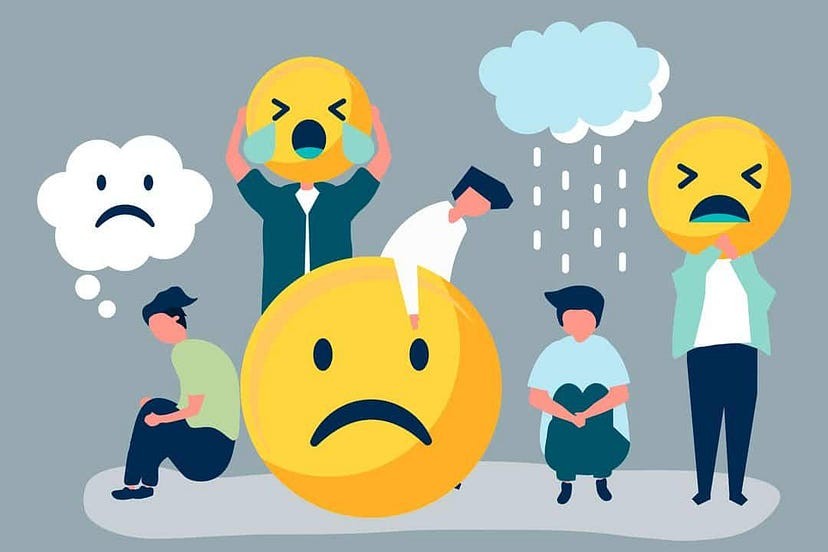
The Best Self-Help Tool for Working Through Any Negative Feeling
Everyone experiences negative emotions from time to time—anxiety, anger, sadness, or even fear. These feelings can affect our daily lives, whether at work, in relationships, or during personal moments of reflection. While it's normal to feel this way, learning how to...

How to Cure My Anxiety in the Car as a Passenger?
Feeling anxious in a car as a passenger is more common than you might think. For many people, just the idea of sitting in the passenger seat can cause a racing heart, sweaty palms, or even panic attacks. Some feel a loss of control, while others might have had a bad...
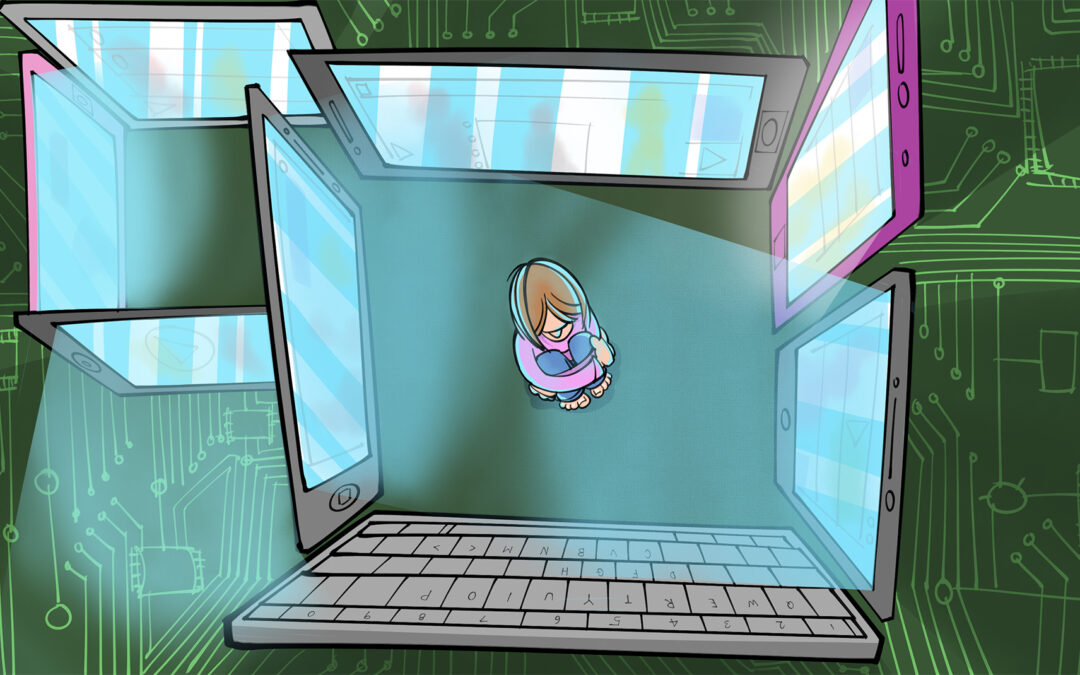
Addictive Dependency: What Can Help to Break the Vicious Cycle?
What Is Addictive Dependency? Addictive dependency happens when a person feels like they must use something—like alcohol, drugs, gambling, or even social media—again and again. They may try to stop, but feel like they just can’t. It becomes a cycle, a loop that keeps...

Why Does My Child Have Eating Disorders and How I Can Support Them
As a parent, it can be heartbreaking to watch your child struggle with an eating disorder. You may feel confused, helpless, or even blame yourself. But you are not alone, and it is not your fault. Many children and teenagers today are dealing with eating disorders due...
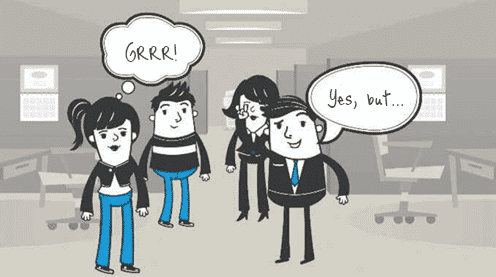
Ego States: How to Talk Better with Your Child, Customer, Spouse, or Boss
Have you ever had a talk with someone that suddenly turned into a fight? Maybe you were calm, but the other person got angry, or maybe you got upset without knowing why. Whether you’re talking to your child, your boss, your customer, or your partner—communication can...
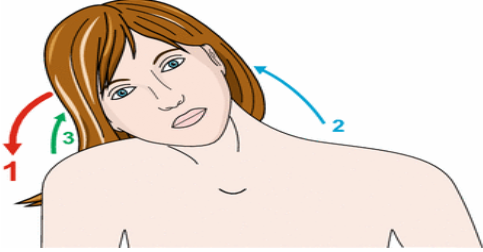
Best Treatment for Functional Dystonia
Functional dystonia is a type of movement disorder where muscles contract uncontrollably, causing abnormal postures or movements. Unlike other forms of dystonia caused by structural damage in the brain, functional dystonia is considered a functional neurological...


